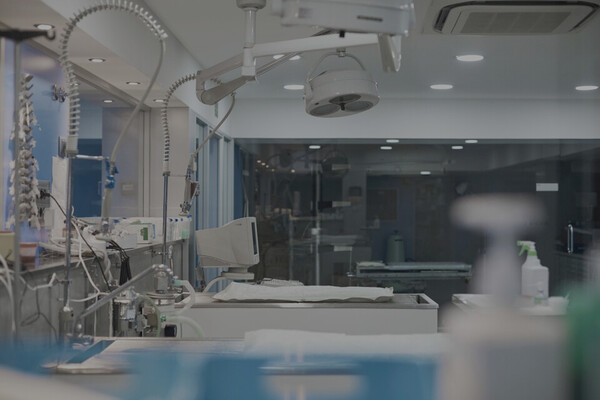The effects of the prolonged government-doctor conflict are spilling over to the healthcare industry. Adversely affected by university hospitals’ cash shortage, medical device makers’ sales are falling simultaneously, with some pessimists predicting that the industry may not recover.
According to the Korea Medical Devices Industry Association (KMDIA) , the number of surgeries at large hospitals is falling, and related suppliers are also experiencing a decline in sales.

“Companies that deal with products that go into the operating rooms of tertiary general hospitals have seen their sales drop sharply,” an official at KMDIA told Korea Biomedical Review over the phone on Wednesday, requesting anonymity for privacy. “Revenues have dropped at least 30-40 percent, and in many cases, sales have dropped by 70 percent.”
The official explained that the decline in university hospital surgeries is even worse for companies specializing in specific diseases and surgeries.
He noted that although the initial overdue payment issue has been resolved, the decline in revenue and business has been severe. About 40 percent of the companies are already restructuring their workforce.
While there is no place to sell products, the fixed costs for running a company remain the same, he said.
“There are fixed costs that we have to put in regardless of the situation, such as licenses and renewals,” the official said. “It's even harder for small companies because expenses go out and sales are down but they must stay afloat.”
Device makers are taking measures to help themselves. However, if the situation is prolonged, they will have no choice but to ask for support from the government, he said.
“The healthcare reform committee is aware of the industry's situation, so we are waiting to see what measures will be taken, but the future is ‘far from certain,’” he added.
The biggest problem is that “It's hard to know what the future holds.” With the medical turmoil showing few signs of resolution, new contracts, business expansion, and even existing delivery plans are unclear.
Domestic manufacturing is one thing, but importing from overseas is another.
“We need to predict demand and get supplies in advance, but with existing inventory piled up, it is difficult to predict demand for the second half of the year, so it is difficult to import recklessly,” he said. “The number of clinical trials with university hospitals has also dropped. The aftermath of the political conflict is affecting the entire industry.”
The official also expressed concern about the aftermath of the medical crisis. “The medical device industry will be ‘completely reorganized’ as the medical system centered on tertiary general hospitals changes,” he said. “Recovery is one thing but we are also worried about returning to the ’pre-crisis' situation.”
“Hospitals will remain, but the type and quality of services will likely change, depending on the doctors who work there, and I don't know if that's something the medical device industry can overcome, but I do know that this situation must be resolved as soon as possible,” he said.

